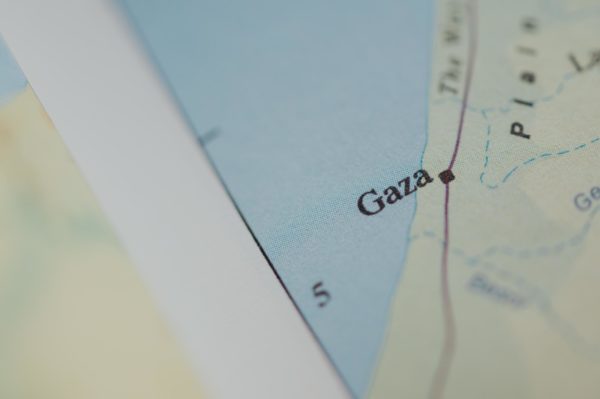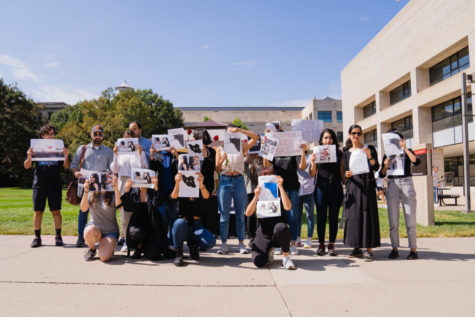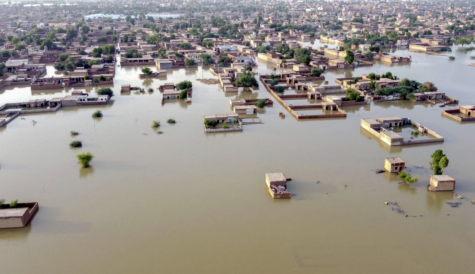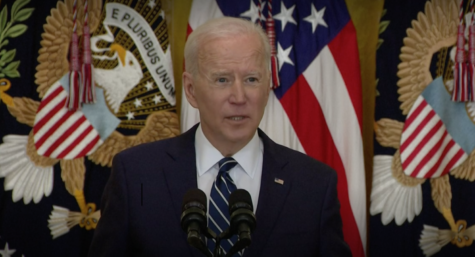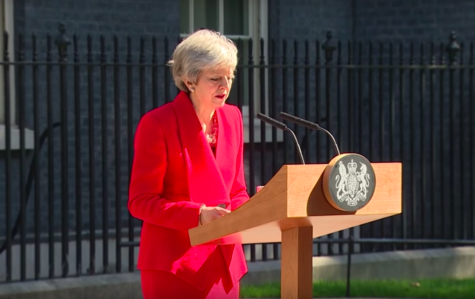Iraq earmarks $15 billion for reconstruction efforts
November 1, 2008
BAGHDAD (AP) – Iraq has earmarked some $15 billion — nearly 25 percent of its 2009 draft budget — to help rebuild the country’s crumbling infrastructure, energy and oil facilities, the finance minister said Saturday.
But Bayan Jabr stressed those funds fall far short of the hundreds of billions of dollars Iraq needs to put its shattered economy back on its feet and appealed to foreign investors to help bridge the gap.
Speaking at a U.S-Iraqi investment conference in Baghdad, Jabr said a government study determined Iraq needs some $400 billion to upgrade its existing infrastructure and build new facilities.
“That is why we have to resort to investment in Iraq … in many sectors including electricity, oil, oil byproducts, refineries, housing, infrastructure and banks,” he said.
Jabr said Iraq’s 30 private banks are still grappling with a capital shortage, despite the government’s increased credit support.
“That is why we think there is a great chance for banks in the U.S., Europe and the neighboring countries to start joint ventures with our banks and to enter the Iraqi market,” he said. “In this way, we can give more chance to credits and to other fields.”
He said the country’s “primitive” insurance market presents a similar opportunity for foreign companies.
Iraq’s economy has recovered slowly since the 2003 U.S.-led war, and the state budget has received a boost from high oil world prices this year.
But Planning Minister Ali Baban warned that Iraq, which is dependent on oil revenues for more than 90 percent of its national capital budget, must wean itself off its oil dependence.
Crude oil prices have fallen from a record $147.27 a barrel on July 11 to below $60 this week, before rebounding slightly Friday to around $67.
“This is an extremely dangerous situation for the Iraqi budget to depend totally on oil prices,” Baban said.
“That makes Iraq’s economy greatly exposed which is something Iraq has to get rid of as soon as possible. We can succeed in this by having varied sources of national income and by reactivating Iraq’s real economic sectors of agriculture and industry.”
The recent slide in oil prices has already forced Iraq to cut its planned 2009 budget from about $80 billion to $67 billion.
Baban cited a slew of other problems that he said have hindered faster growth, including an over dependence on the government for everything from investment to building.
“A great part of Iraq’s budget is spent on employment at the expense of investment,” he said.
Like the finance minister, Baban suggested the key to boosting the economy lies in attracting investment from abroad and encouraging the private sector to increase its role in the economy.
“Iraq has to build a strong and efficient private sector. In general, if we failed to attract the domestic investor, our chance of attracting the foreign investor would be greatly limited.”






